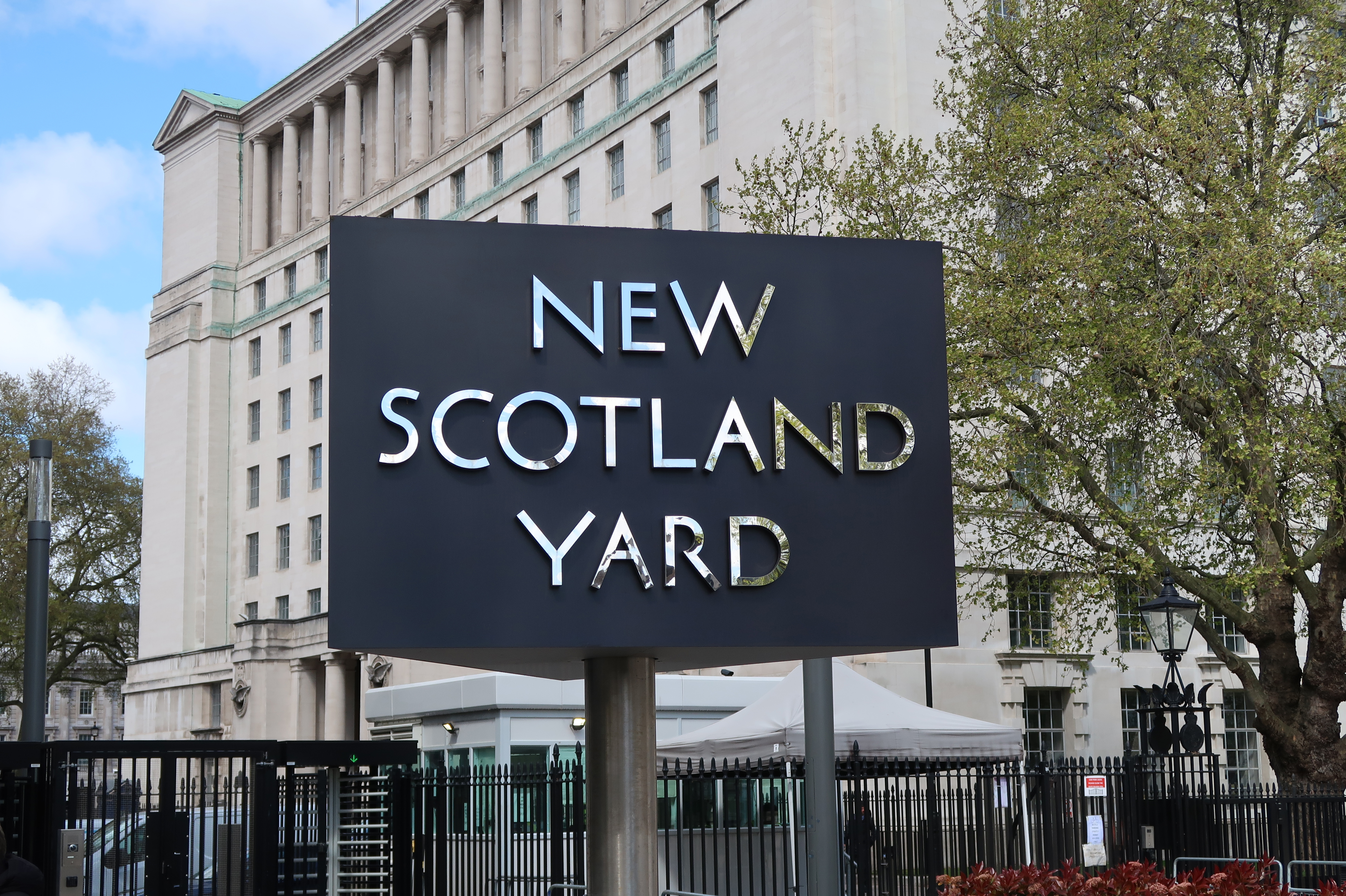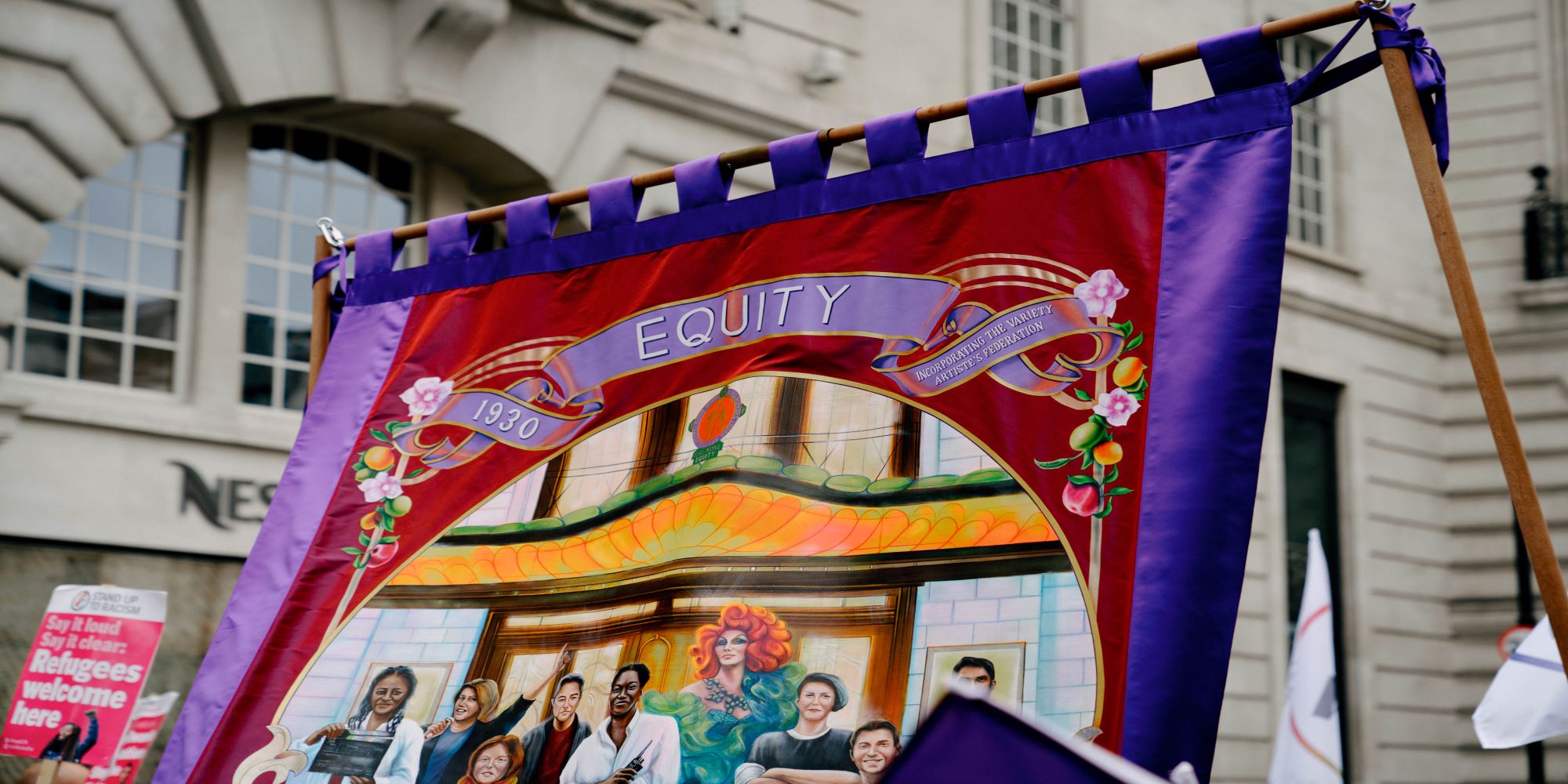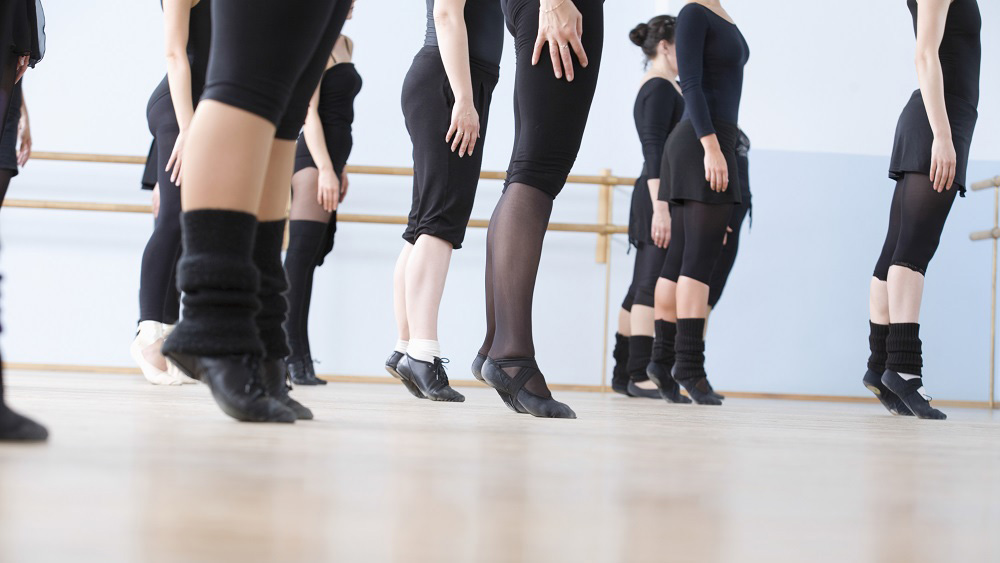The proposed cut is due to take place officially on 6 October, although in effect many will receive their last payment with the uplift in September. It will be a devastating blow to many in a sector that has been hit badly by the pandemic.
"I was supposed to be filming a TV show and going on tour with a children's band all over the UK. Due to the pandemic, everything got cancelled and I lost a year's worth of wages." — Equity member
Survey highlights financial hardship facing Equity members
We conducted a survey of our members about the impact of the changes being made to Universal Credit. Of the survey's 780 respondents, 69% are Universal Credit claimants. If the £20-a-week uplift is removed:
- 53% of respondents say they would experience financial hardship
- 41% would not be able to meet housing and other essential costs
- 33% would be prevented from seeking work in the industry
- 32% would be likely to go into debt or increase their debt
- 35% would not be able to pay their bills
"The Universal Credit I receive covers rent and bills, but I struggle heavily with food and travel in the second half of the month." — Equity member
Another change to Universal Credit, the reintroduction of the Minimum Income Floor (MIF), occurred in August.
- 50% of respondents are concerned that this could lead to them being forced out of the industry.
The changes to Universal Credit could plunge thousands of Equity members into poverty, with a particular impact on younger talent who are a driving force behind the UK's world-leading arts and entertainment industry. Meanwhile, the pandemic has already compounded the arts' historical problem of elitism by disproportionately impacting under-represented groups, especially those from working-class backgrounds.
"It's difficult enough to break into the creative industry — I have always had to work other jobs to support myself, and this feels like another way of preventing low-income individuals from having a career in the creative industries." — Equity member
Our survey shows:
- 51% of Equity members who receive Universal Credit or other welfare have been forced to look for work outside the industry by a work coach
Our call to Government
We've written to the Secretary of State for Work and Pensions calling on the Government to abandon these dangerous changes to Universal Credit, which will risk immense, immediate, and avoidable hardship for a workforce that continues to suffer so much as result of the pandemic, and an exodus of talent from our world-leading creative industry.
Alan Lean, Equity's Lead Tax & Welfare Rights Official, says: "These changes to Universal Credit will plunge thousands of Equity members into poverty or force them to leave the profession. The union calls on the government to retain the £20 uplift and extend it to legacy benefits, continue the suspension of the Minimum Income Floor for all our members, and offer a further tax-free payment for those on tax credits. We also ask that the Department for Work and Pensions engages meaningfully in dialogue with Equity to understand the nature of our workforce and the way in which recovery is taking place in our sector."
About the £20 uplift and suspension of Minimum Income Floor
The £20 uplift and the suspension of the MIF were put in place at the start of the pandemic to help people avoid destitution. As part of Universal Credit, they supported a vital safety net for large numbers of performing arts practitioners who could not work due to coronavirus restrictions and were excluded from pandemic-specific government support, such as furlough and the Self-Employment Income Support Scheme (SEISS).
Over 40% of Equity members were among those excluded, due to unfair reasons such as being newly self-employed, taking time off work to start a family or care for others, or earning more than half their income from PAYE work.
The MIF assumes that claimants who are deemed gainfully self-employed receive an income based on the National Minimum Wage, and treat this amount as the earnings received irrespective of what the actual monthly earnings are. In effect, it leads to a gross inequality of treatment between the employed and self-employed, and particularly penalises the latter with variable income. Although the government will still have discretionary powers over whether the MIF applies to individual cases, many claimants could receive significantly less money.
Our survey also reveals:
- 71% of respondents report difficulty meeting their housing and essential costs since the start of the pandemic
- 40% have seen an increase in their debt levels or have taken on debt since the start of the pandemic
Universal Credit
Everything you need to know about Universal Credit, a means-tested, tax-free social security payment.
Universal Credit continued
Everything you need to know about Universal Credit, a means-tested, tax-free social security payment.




